Set Point
The concept of "set point" is an important aspect of biology and physiology. In the context of biology, the set point refers to the ideal or target level of a physiological variable, such as body temperature, blood sugar level, or pH balance, that the body strives to maintain within a certain range.
The set point is regulated by homeostasis, which is the body's ability to maintain internal stability and balance in response to external changes. When the physiological variable deviates from the set point, the body initiates mechanisms to bring it back to the optimal level.
Examples of Set Point
- Body Temperature: The set point for body temperature in humans is around 98.6 degrees Fahrenheit (37 degrees Celsius). When the body temperature rises or falls beyond this set point, mechanisms such as sweating or shivering are activated to restore the temperature to the optimal range.
- Blood Sugar Level: The set point for blood sugar level is typically around 90-110 mg/dL when fasting. When blood sugar levels rise after a meal, the body releases insulin to lower it back to the set point. Conversely, when blood sugar levels drop, the body releases glucagon to raise it back to the set point.
Study Guide
- Define "set point" in the context of biology and physiology.
- Explain the role of homeostasis in regulating the set point.
- Provide examples of physiological variables and their corresponding set points.
- Discuss the mechanisms the body uses to maintain physiological variables within their set points.
- Describe the implications of a disrupted set point on an organism's health and well-being.
◂Science Worksheets and Study Guides Fourth Grade. Organ systems

 Worksheet/Answer key
Worksheet/Answer key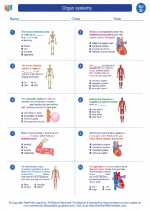
 Worksheet/Answer key
Worksheet/Answer key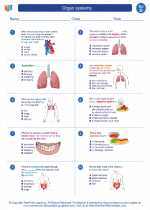
 Worksheet/Answer key
Worksheet/Answer key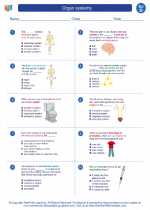
 Vocabulary/Answer key
Vocabulary/Answer key
 Vocabulary/Answer key
Vocabulary/Answer key
 Vocabulary/Answer key
Vocabulary/Answer key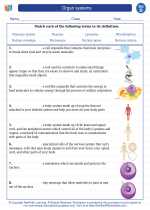
 Vocabulary/Answer key
Vocabulary/Answer key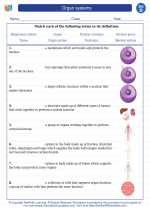
 Vocabulary/Answer key
Vocabulary/Answer key
